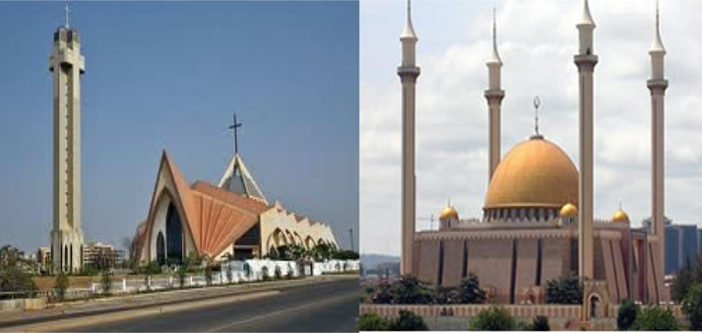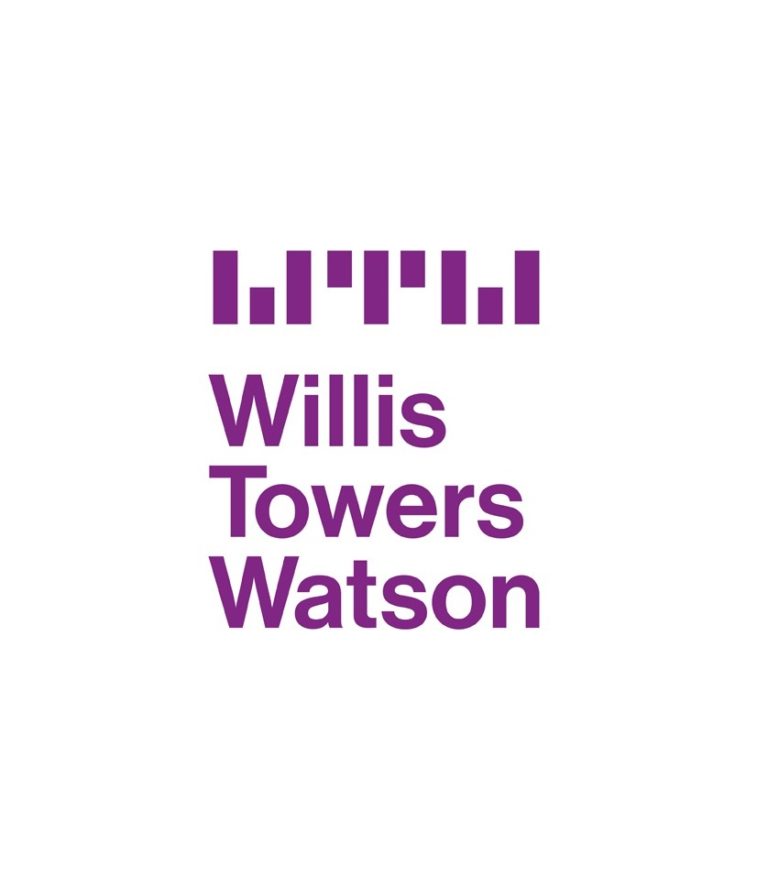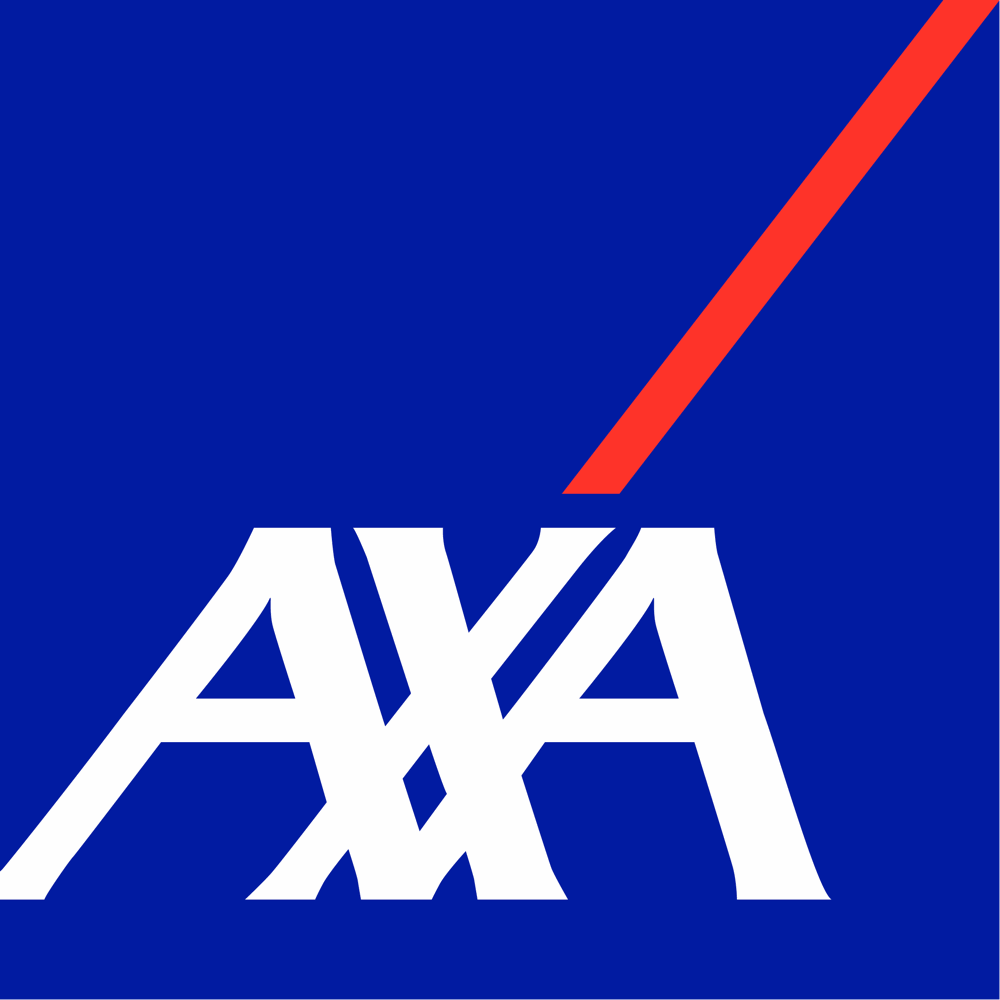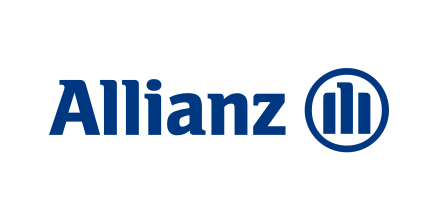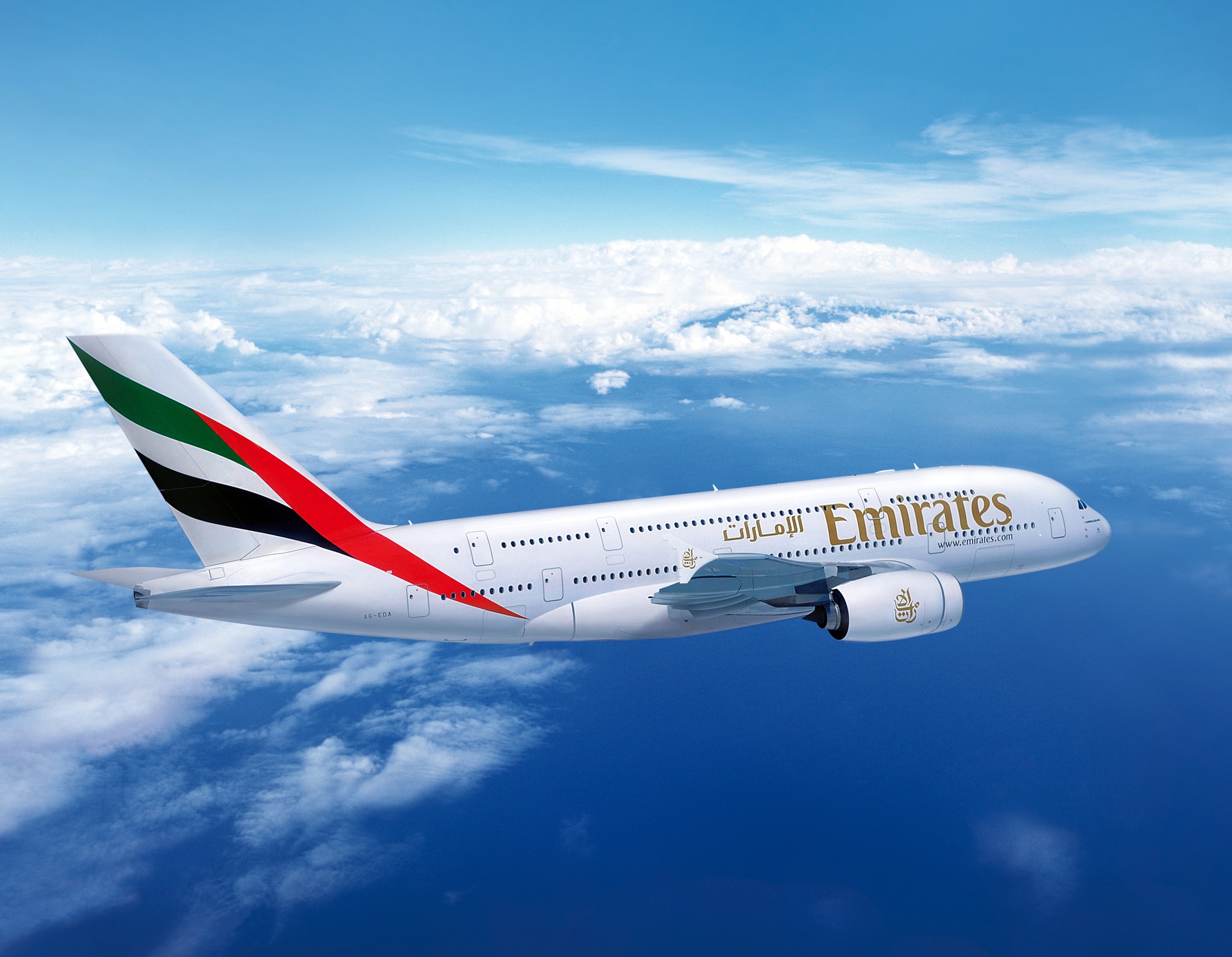Insurance for places of worship: how are churches, mosques covered?
Insurance places worship
The risk is even more important when it comes to a historical monument. Due to the aging of buildings and the cost of maintenance, which is sometimes exorbitant, safety standards are not always easy to comply with.
Who is held responsible for an incident in a place of worship? What guarantees can be underwritten in order to protect oneselves? Atlas Magazine seeks to shed light on the insurance problems of these places.
Insurance for places for worship
Generally speaking, places of worship are the property of the state, municipalities, religious organizations or cultural communities. Even if the State or its territorial divisions are not always owners, the management of these places is often their responsibility.
When the state owns a religious establishment and uses it for its own account, it generally cannot be insured. The state is said to be its own insurer. Nevertheless, an insurance policy may happen to be subscribed for objects of great value: relics, statues, paintings, books of great historical value, etc.
In some cases, religious institutions are not state-owned. In this case except derogation, they are subject to common law. A third party liability insurance policy may be required. Places of worship are therefore required to get insured against: property damage &i Liabilities
Property damage insurance in places of worship
On the occurrence of an event, the owner of the premises or the one who has its custody may be held liable for damages. It is therefore up to him to repair the material damage caused by any disaster. Hence the need to underwrite a property damage coverage of multi-risk type with fire as the main guarantee.
This insurance guarantee covers fire of the building, the furniture, the equipment existing in the religious establishment. Theft, water damage, glass breakage, weather-related damage (hail, snow, storm), etc. can also be added.
Additional guarantees such as attack, interruption of activity, criminal defense and recourse can also be underwritten.
Third party liability insurance in places of worship
A building can be rented to a community or association that makes of it a place of worship. In this case, the liability for an accident can be sought either with the tenant or with the owner depending on the nature of the accident.
Example: a roof collapse of a place of worship is more the responsibility of the owner than that of the tenant. On the other hand, the responsibility of the latter can be sought in the event of a loss or damage occurring inside the place of worship following the use of dangerous products.
The tenant and the owner therefore should rather cover their liabilities that depend on environment, the place of worship and location (example: place of worship inside a residential building, in a shopping mall, etc.).
The different liabilities can be summarized as follows:
The responsibility of the tenant or the occupant with regard to the owner.
ordinary rental risks: building, furniture, equipment, additional rental risks (possibly)
disturbance of possession loss of rent
Tenant’s right of recovery, Tenant’s liability towards neighbors and third parties.The owner’s liability towards the tenant or the occupant Tenant’s right of recovery
disturbance of possession

